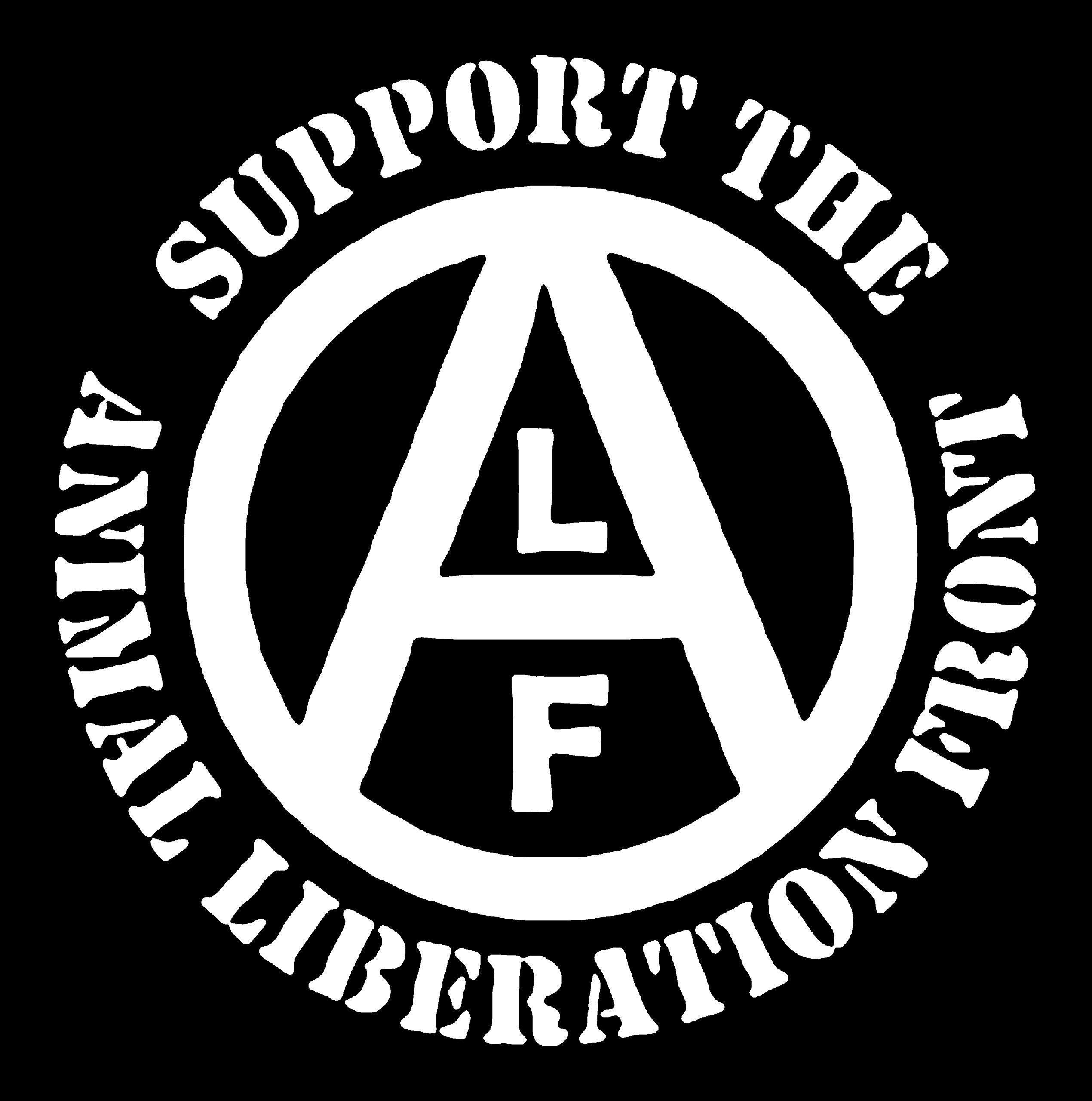Abstract: Despite the strength of arguments for veganism in the animal rights literature, alongside environmental and other anthropocentric concerns posed by industrialised animal agriculture, veganism remains only a minority standpoint. In this paper, I explore the moral motivational problem of veganism from the perspectives of moral psychology and political false consciousness. I argue that a novel interpretation of the post-Marxist notion of political false consciousness may help to make sense of the widespread refusal to shift towards veganism. Specifically, the notion of false consciousness fills some explanatory gaps left by the moral psychological notion of akrasia, often understood to refer to a weakness of will. Central to my approach is the idea that animal exploitation is largely systemic and the assumption that moral motivation is inseparable from moral thinking. In this light, the primary obstacle to the adoption of veganism arises not so much from a failure to put genuine beliefs into action, but rather in a shared, distorted way of thinking about animals. Thus, common unreflective objections to veganism may be said to be manifestations of false consciousness.


:maarri-shining: